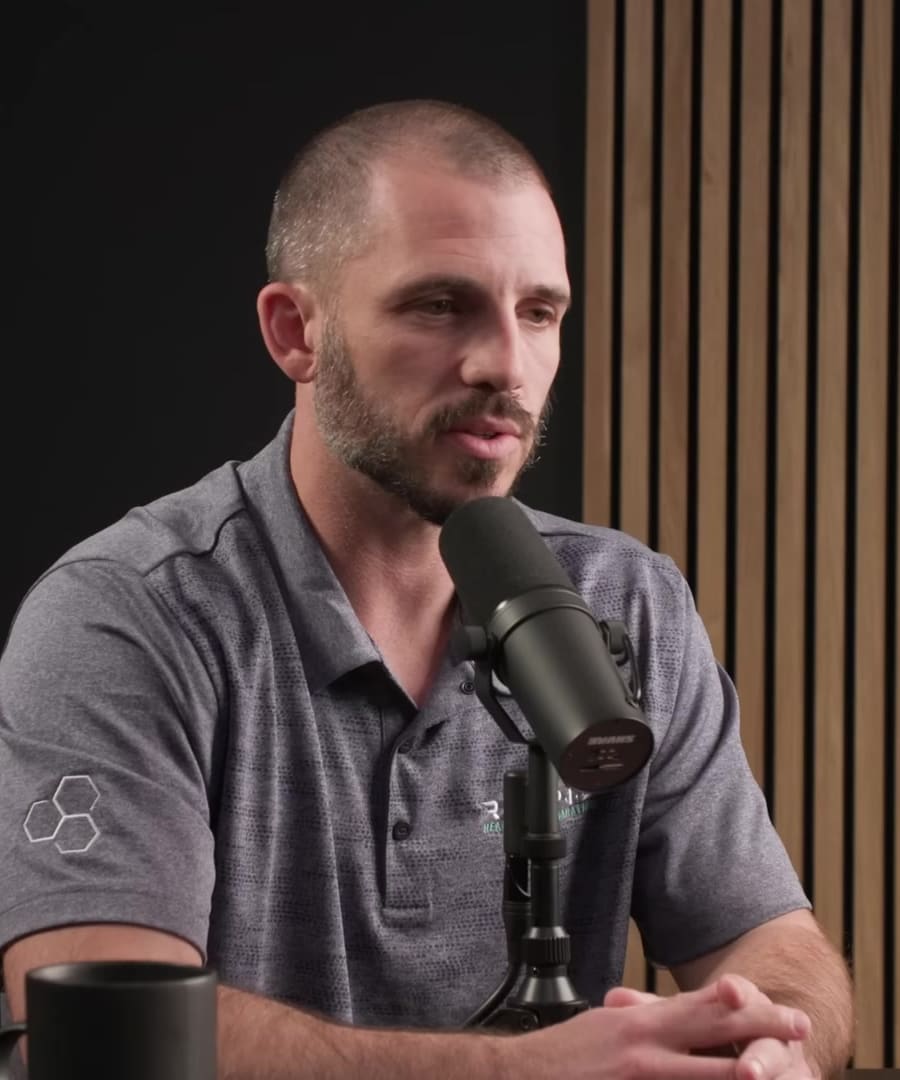How much creatine is optimal?
Sources:
The optimal amount of creatine you should consume depends on your body weight. For individuals weighing between 185 to 250 pounds, suggests taking around 10 grams of creatine per day, which he personally does. He also notes that for someone who weighs less, 5 grams or even 3 grams may be sufficient. However, there is no specific formula published in scientific literature that gives an exact amount of creatine per kilogram or pound of body weight, so these guidelines are based on common dosages seen in studies and personal recommendations 1.
also recommends creatine monohydrate and has adjusted dosages based on physical size. For a typically recommended easy answer, 5 grams daily is common but could vary for larger or smaller individuals. If you're significantly larger than average, dosages could potentially go up to 7, 8, 9, or even 10 grams per day 2.
It is also mentioned that there is no need to load creatine, and you can simply take a daily dose without worrying about the timing—whether post-workout, pre-workout, or any other time of day 3. Always consider personal tolerance and consult with a healthcare professional before starting or changing your creatine intake.
RELATED QUESTIONSSummarize Science-Supported Tools to Accelerate Your Fitness Goals | Huberman Lab Podcast
Sources:
In the episode "Science-Supported Tools to Accelerate Your Fitness Goals" from the , discusses several tools and techniques to enhance fitness:
-
Fitness Routine: A foundational fitness program includes three cardio sessions, three resistance training sessions, and a day for thermal stress training. Life events might disrupt this routine, but the tools discussed are aimed at overcoming such issues to maintain progress 1.
-
Focus During Training: Efficiency and focus during workouts are essential. Tools discussed in the episode can help to improve various exercise adaptations and recovery. This includes the right mindset and eliminating distractions such as smartphones during workouts 2.
-
Tools from Dr. Andy Galpin's Series: Dr. Andy Galpin provided extensive information on exercise science. The episode refers to tools that can be incorporated into fitness routines to improve various aspects of fitness, like cardiovascular capacity and muscle hypertrophy 3.
-
Exercise Snacks: Introducing short bursts of exercises, like wall sits, planks, or pushups, throughout the day can augment fitness levels and are easy to incorporate into daily life. They contribute to overall fitness without taking much time 4.
-
Breathing Techniques: Implementing the physiological sigh (two deep nasal inhales followed by a long mouth exhale) between sets can help shift from sympathetic drive to more parasympathetic drive, thus helping to focus better during active workout sets 5.
The episode presents practical, scientifically supported tools that can be easily added to any fitness routine to improve effectiveness and enjoyment, ultimately leading to better fitness outcomes.
RELATED QUESTIONS-
How much creatine is optimal?
- RELATED QUESTIONS
Summarize Science-Supported Tools to Accelerate Your Fitness Goals | Huberman Lab Podcast
- RELATED QUESTIONS







